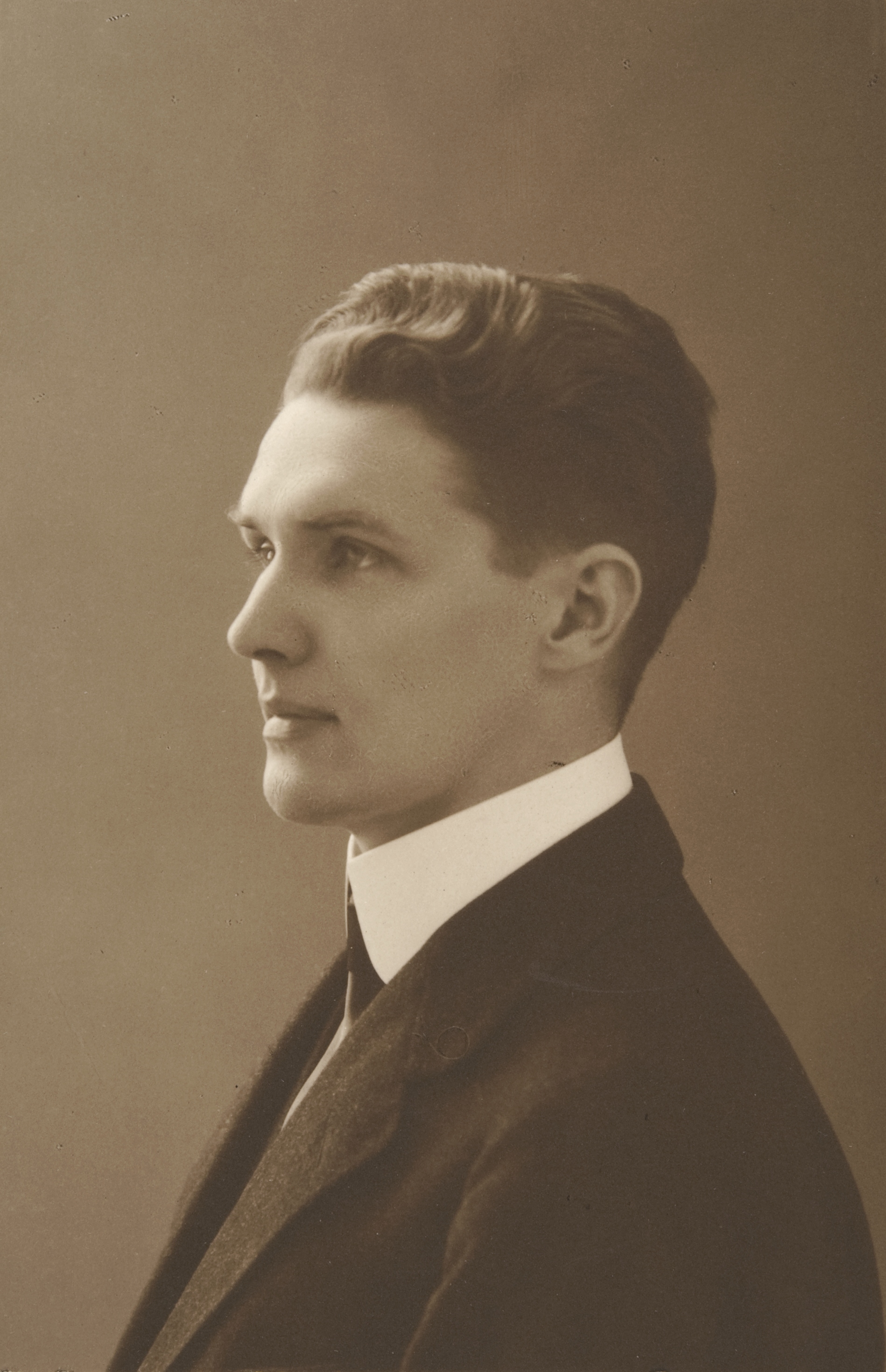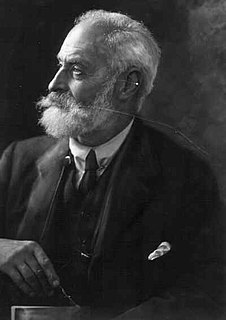 W
WLudovic Dauș was a Romanian novelist, playwright, poet and translator, also known for his contributions as a politician and theatrical manager. He was born into a cosmopolitan family, with a Czech father and a boyaress mother, but his formative years were marked by life in the small boroughs of Western Moldavia. Trained as a lawyer and employed for a while as a publisher, Dauș joined the body of experts at the Ministry of Royal Domains, climbing through the bureaucratic ranks. In parallel, he advanced his literary career: a noted dramatist, he was an unremarked poet and historical novelist prior to World War I. His translation work covered several languages, and includes Romanian versions of The Kreutzer Sonata, Madame Bovary, and Eugénie Grandet.
 W
WConstance Clara Garnett was an English translator of nineteenth-century Russian literature. She was the first English translator of Dostoyevsky and Chekhov, and one of the first translators to render almost all works by Turgenev, Goncharov, Ostrovsky, Herzen, and Tolstoy into English. Altogether, she translated 71 volumes of Russian literature, many of which are still in print today.
 W
WJuho August Hollo, also known as J.A. Hollo, was professor at the University of Helsinki from 1930 to 1954.
 W
WRuben Hovsepyan was an Armenian novelist, translator and editor who became politically active in the 1990s, and, as member of the Armenian Revolutionary Federation, served in the National Assembly from 2000 to 2007.
 W
WAylmer Maude and Louise Maude (1855–1939) were English translators of Leo Tolstoy's works, and Aylmer Maude also wrote his friend Tolstoy's biography. After living many years in Russia the Maudes spent the rest of their life in England translating Tolstoy's writing and promoting public interest in his work. Aylmer Maude was also involved in a number of early 20th century progressive and idealistic causes.
 W
WStijn Streuvels, born Franciscus (Frank) Petrus Maria Lateur, was a Belgian writer.
 W
WȘtefana Velisar Teodoreanu was a Romanian novelist, poet and translator, wife of the writer Ionel Teodoreanu. Encouraged to write by her husband, she was a late representative of Poporanist traditionalism, which she infused with moral themes from Romanian Orthodoxy, and also with echos of modernist literature. Her works of youth, coinciding with World War II, comprise mainly novels centered on the internal conflicts and moral triumphs of provincial women such as herself. Forming a counterpart to her husband's own books, they won praise in their day, but were later criticized for being idyllic and didactic.